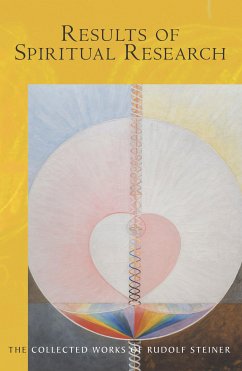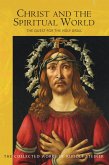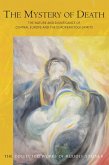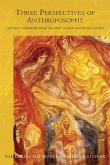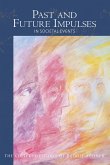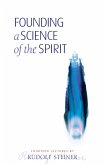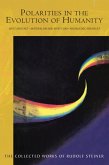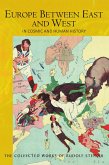At the time of these presentations, Steiner had already worked in Berlin for many years, and thus, '...could reckon with a regularly returning audience to whom what mattered was to enter ever more deeply into the areas of knowledge that were newly opening up to them' (Marie Steiner). As a consequence - and through 'a series of inter-connecting lectures whose themes are entwined with one another' - he was able to communicate a coherent and challenging spiritual perception of reality, based on his personal research. Presented here with notes, an index and an introduction by Simon Blaxland-de Lange, the 14 lectures include: 'How is Spiritual Science Refuted?'; 'On What Foundation is Spiritual Science Based'; 'The Tasks of Spiritual Research for both Present and Future'; 'Errors of Spiritual Research'; 'Results of Spiritual Research for Vital Questions and the Riddle of Death'; The World-Conception of a Cultural Researcher of the Present, Herman Grimm' and 'The Legacy of the Nineteenth Century'.
Dieser Download kann aus rechtlichen Gründen nur mit Rechnungsadresse in A, B, BG, CY, CZ, D, DK, EW, E, FIN, F, GR, H, IRL, I, LT, L, LR, M, NL, PL, P, R, S, SLO, SK ausgeliefert werden.

